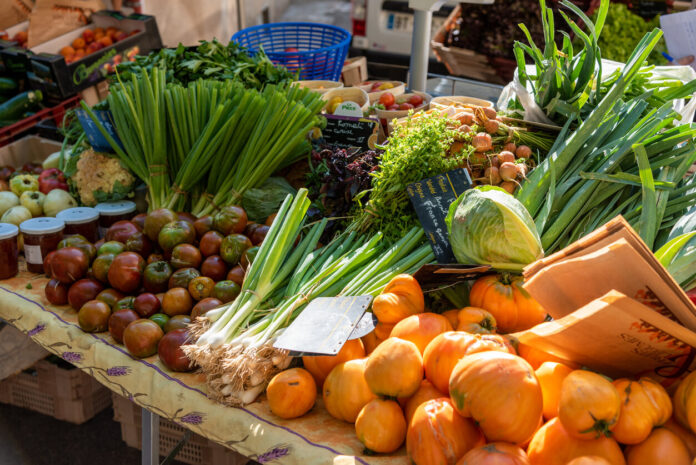Faced with galloping inflation that continues to rage, the purchasing power of French consumers is suffering. Their purchasing habits have evolved accordingly: the hunt for good deals has, for example, prompted a greater number of them to vary more the brands in which they shop. As far as household appliances, furniture or even clothing are concerned, second-hand goods, which have already been expanding for a few years, take on their full meaning for those wishing to save money at all costs, as reported by our colleagues from TF1. .
The democratization of second-hand sales is also linked to a growing awareness of consumers on the subject of overconsumption and waste. The Geev company is thus one of the fruits of this awareness. Hakim Baka, co-founder and director of the company, spoke to us about this innovative device. The idea behind this project is to facilitate donations between individuals, as an alternative to throwing away objects you want to get rid of. This practice was until then mainly confined to a restricted circle of relatives of the person wishing to donate one of their possessions. Geev makes it possible to widen the circle in question to all users of the platform.
While clothing still accounts for 25% of donations made, Geev launched a food vertical 5 years ago within its innovative project. A very effective way to fight against food waste. Obviously, the donated food must still be edible, and the packaging intact to avoid any health risk. Food donations still represent only 7% of transactions made on the platform, but the trend is strongly expansionary.
Geev is not the only way to obtain free or very low-cost food products. Indeed, several initiatives have already emerged over the past few years and are enjoying growing popularity. Find below 7 applications allowing you to buy unsold items at a bargain price.















